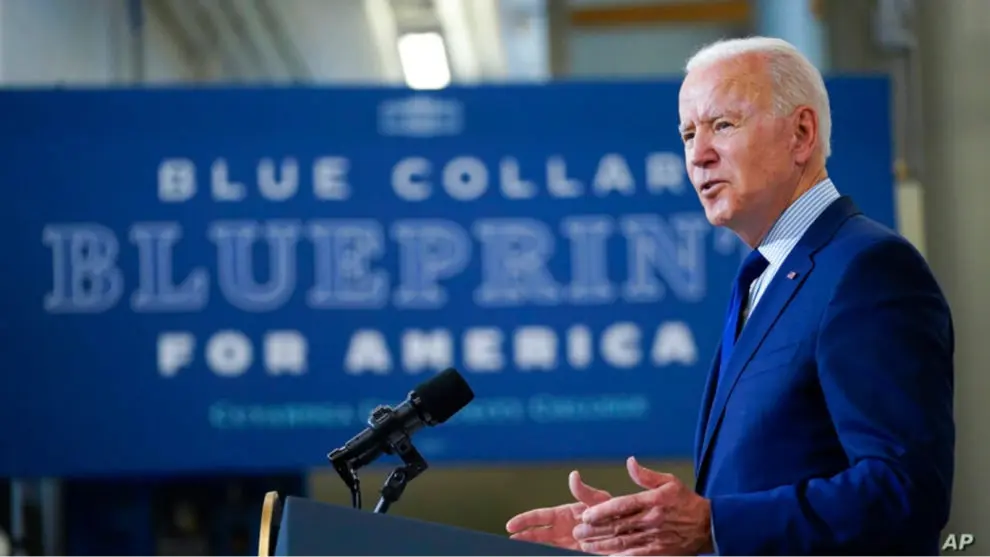
President Biden’s FY 2022 budget proposes historic investments in our nation’s children. Many of these mirror proposals outlined in his American Families Plan and American Jobs Plan, which have the potential to dramatically improve the immediate and long-term well-being of millions of children, especially children of color and those in lower- and middle-income families.
First Focus on Children’s sole mission is to make children a priority in federal budget and policy decisions. We have called on the Administration through our 80-member Children’s Budget Coalition to commit at least an additional percentage point of federal spending for children in the months and years ahead and to reverse the downward trend in investing in children. Further analysis is underway to determine whether the President’s budget hits these marks.
In the meantime, here are 6 of the budget’s best investments in children:
- Tax Credits: Extends or makes permanent improvements to tax credit programs benefitting children and youth to reduce child poverty significantly, aid former foster and homeless youth, and address racial and income inequities in the tax code. Improvements to the Child Tax Credit alone will benefit an estimated 66 million children — or more than 90% of all U.S. children.
- Child Care and Early Learning: Increases key child care funding to provide direct support that will ensure low- and middle-income families spend no more than 7% of their income on child care and that care is provided by a well-trained and well-compensated child care workforce; invests $200 billion for universal pre-K for all 3- and 4-year-olds.
- Education: Increases funding for community schools to $443 million — more than ten times FY 2021 levels; aids millions of low-income students by more than doubling Title I assistance to $36 billion; offers two years of free community college for all Americans (including DACA recipients); increases Pell Grants and other opportunities. The budget also proposes a nearly 17% increase in funding for Individuals with Disabilities Education Act (IDEA) grants that support more than 7.6 million pre-school through Grade 12 students.
- Immigration: More than doubles funding for the Office of Refugee Resettlement to $4.4 billion, with $3.2 billion — more than 70% — going to support current care of unaccompanied children and expand placements and services for unaccompanied children according to child welfare best practices. Disappointment: Continues family detention for 2,500 families, despite the documented harm it inflicts on children.
- Health: Invests $150 million – 50 times more than previously — in a Centers for Disease Control program to advance efforts around racial inequity in health and the social determinants of health, which disproportionately affect people of color, including children; makes significant funding increases in mental health care for children, whose mental health issues have skyrocketed during the pandemic; provides robust funding for maternal health to combat high rates of maternal mortality and morbidity.
- Hunger: Makes Summer Electronic Benefits Program permanent, which will help feed 30 million children during the summer months; expands free school meals to reach an additional 9 million children.
